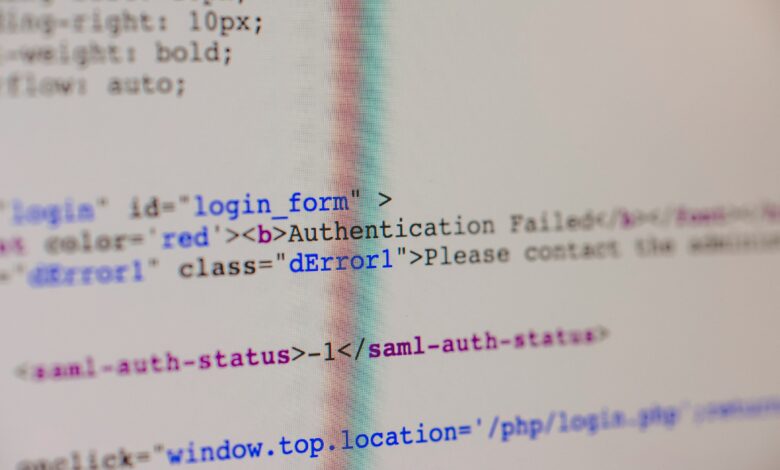The Psychology of Product Authentication: How Cognitive Biases Influence Consumer Perception of Brand Authenticity

The way that customers perceive a brand is crucial in determining its validity. However, cognitive biases—subliminal mental shortcuts that interfere with decision-making processes—often have an impact on this perspective. Brands may enhance consumer trust and effectively navigate the domain of product authentication by comprehending these biases.
The Halo Effect: When First Impressions Matter Most
A cognitive bias known as the “halo effect” occurs when a customer’s view of a brand as a whole affects how they perceive each of its distinct qualities. This indicates that in the context of product authentication, customers who have a favorable opinion of the brand overall are more likely to view a product as authentic. By putting money into branding initiatives that highlight reliability and quality, brands can take advantage of this tendency and improve consumers’ perceptions of authenticity.
Confirmation Bias: Seeking Validation in Product Authentication
The propensity to perceive data in a way that supports one’s preconceived notions or expectations is known as confirmation bias. When it comes to product authentication, customers could ignore data that contradicts their beliefs while only looking for information that confirms the validity of the product. By using clear and verifiable verification techniques that provide unquestionable proof of authenticity, such blockchain technology or tamper-evident packaging, brands can fight confirmation bias.
The Bandwagon Effect: Following the Crowd in Authentication
The tendency for people to adopt particular habits or views because they think they are common or generally accepted is known as the “bandwagon effect.” This suggests that when it comes to product authentication, people might be more inclined to believe in a product if they witness others doing the same. Companies can take advantage of the bandwagon effect by presenting endorsements, evaluations, and social proof that demonstrate how widely their authentication techniques are used, which will reassure customers.
Anchoring Bias: Setting the Standard for Authenticity
When people base their decisions unduly on the initial piece of information they are given (the “anchor”), it is known as anchoring bias. This means that when it comes to product authentication, customers could determine authenticity of a product based on first indications such packaging design or brand reputation. Companies can take advantage of anchoring bias by making sure that their branding and packaging communicate authenticity and reliability right away, creating a favorable anchor for customers.
The Role of Emotion in Authentication
Emotions are a major factor in consumer decision-making, frequently taking precedence over logical reasoning. Customers may use emotional indicators, such nostalgia or brand loyalty, to assess authenticity in the context of product authentication. By creating genuine brand storylines and experiences that connect with customers on a deeper level, brands may appeal to their emotions and win over their trust and loyalty.
Building Trust Through Transparency
Transparency and authenticity are ultimately necessary to increase consumer confidence in product authentication. Companies need to be transparent about how they authenticate their products and give customers definite, substantiated proof of their validity. Through the utilization of cutting-edge technologies like blockchain and tamper-evident packaging, firms can provide consumers with the assurance that their merchandise is authentic and reliable.
The Role of Dupe Block in Providing Anti-Counterfeit Solutions
As a leader in the field of anti-counterfeit solutions, Dupe Block understands the importance of leveraging consumer psychology to combat counterfeiting. By harnessing the power of cognitive biases and emotional cues, Dupe Block helps brands strengthen consumer trust and perception of authenticity. Through innovative authentication methods and transparent communication, Dupe Block empowers brands to protect their products and enhance consumer confidence in the fight against counterfeiting.



